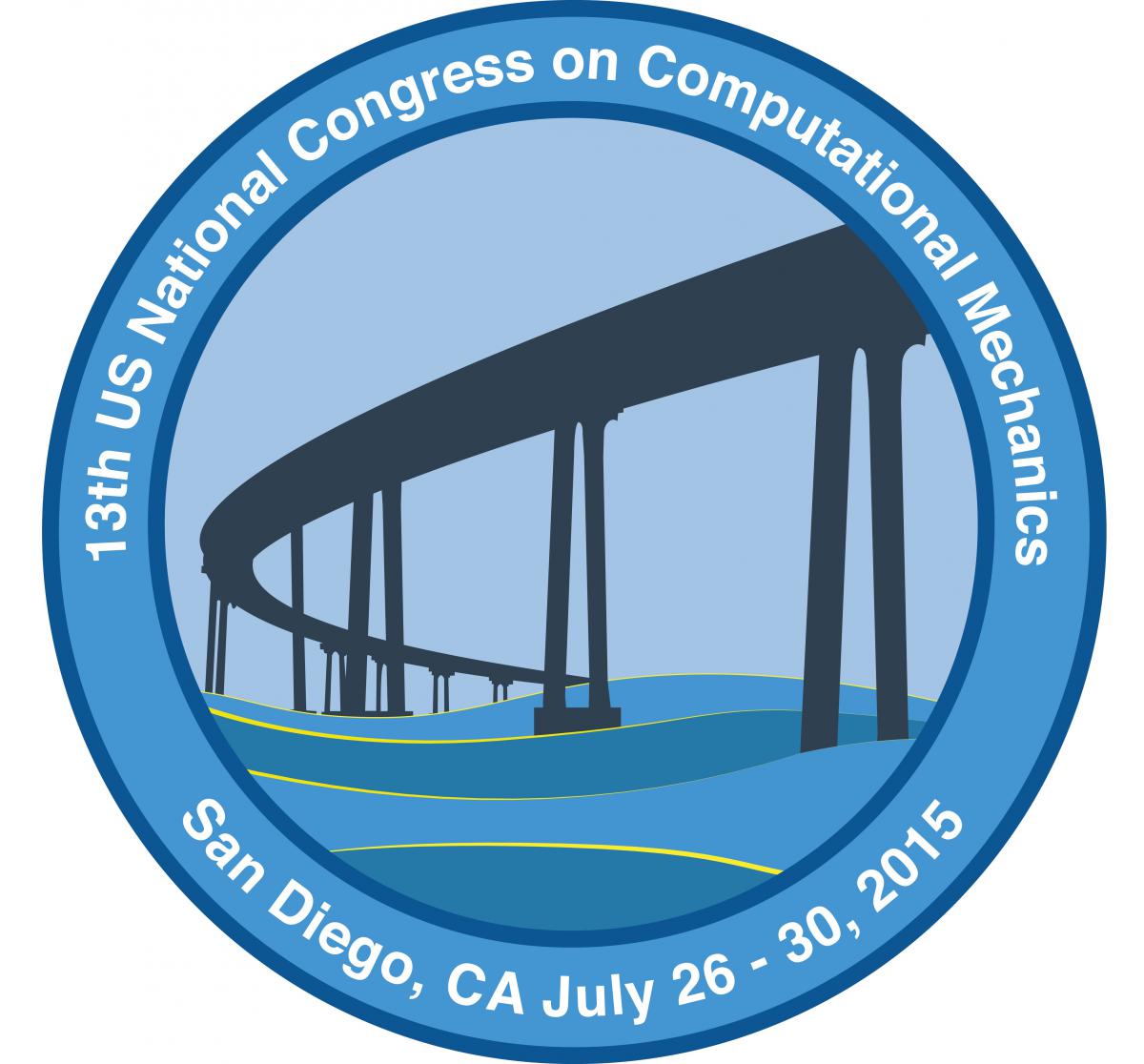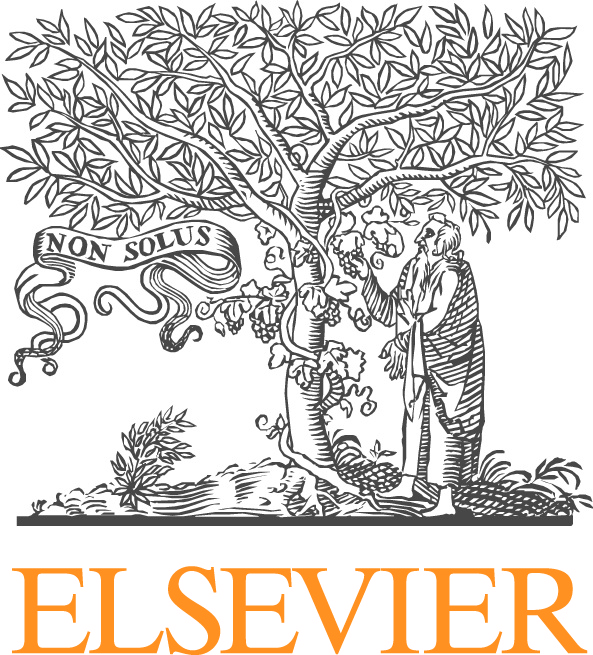Volumetric T-spline Construction for Isogeometric Analysis

Yongjie Jessica Zhang
Monday, July 27, 1:00 - 1:45 pm
Abstract:
In this talk, comprehensive schemes are described to construct rational trivariate solid T-splines for applications in isogeometric analysis. For arbitrary topology objects, we first compute a smooth harmonic scalar field defined over the mesh and saddle points are extracted to determine the topology. By dealing with the saddle points, a polycube whose topology is equivalent to the input geometry is built and it serves as the parametric domain for the trivariate T-spline construction. Boolean operations and geometry skeleton can also be used to build feature-preserving polycubes. A polycube mapping is then used to build a one-to-one correspondence between the input triangulation and the polycube boundary. After that, we choose the deformed octree subdivision of the polycube as the initial T-mesh, and make it valid through pillowing, quality improvement and applying templates to handle extraordinary nodes. The parametric mapping method has been further extended to conformal solid T-spline construction with the input boundary spline representation preserved and trimming curves handled.
In the second part of this talk, I will show a new method termed Truncated Hierarchical Catmull-Clark Subdivision (THCCS), which generalizes truncated hierarchical B-splines to control grids of arbitrary topology and supports local refinement. THCCS basis functions satisfy partition of unity, are linearly independent, and are locally refinable. THCCS also preserves geometry during adaptive h-refinement and thus inherits the surface continuity of Catmull-Clark subdivision, namely C2-continuous everywhere except at the local region surrounding extraordinary nodes, where the surface continuity is C1. Adaptive isogeometric analysis is performed with THCCS basis functions on a benchmark problem with extraordinary nodes. Local refinement on complex surfaces is also studied to show potential wide application of the proposed method.
Biography:
Yongjie Jessica Zhang is an Associate Professor in Mechanical Engineering at Carnegie Mellon University with a courtesy appointment in Biomedical Engineering. She received her B.Eng. in Automotive Engineering, and M.Eng. in Engineering Mechanics, all from Tsinghua University, China, and M.Eng. in Aerospace Engineering and Engineering Mechanics, and Ph.D. in Computational Engineering and Sciences from the University of Texas at Austin. Her research interests include computational geometry, mesh generation, computer graphics, visualization, finite element method, isogeometric analysis and their application in computational biomedicine and engineering. She has co-authored over 100 publications in peer-reviewed international journals and conference proceedings. She is the recipient of Presidential Early Career Award for Scientists and Engineers, NSF CAREER Award, Office of Naval Research Young Investigator Award, USACM Gallagher Young Investigator Award, Clarence H. Adamson Career Faculty Fellow in Mechanical Engineering, George Tallman Ladd Research Award, and Donald L. & Rhonda Struminger Faculty Fellow.





